Spruce spider mite species (Oligonychus ununguis) are found in Christmas tree farms as well as landscapes & nurseries in the New Jersey region. The late weeks of September & early weeks of October are transition periods for this cool season mite. With the arrival of autumn & cooler temperatures, the spruce spider mites begin to “wake up” from their summer dormancy & will be observed feeding & laying eggs. Observations this past week in Christmas tree farms have shown increased activities of the spruce spider mites. This spider mite species will feed exclusively on various conifers including spruce, fir, Douglas-fir, hemlock, Cryptomeria, arborvitae, false-cypress, pine, & juniper.
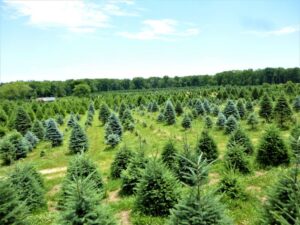
This Christmas tree farm is an ideal site for potential spruce spider mite infestations. (Photo Credit: Steven K. Rettke, Rutgers Coop. Ext.)
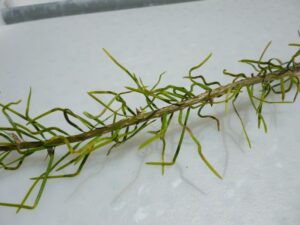
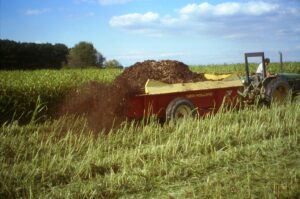 Multiple Northeast SARE (Sustainable Agriculture Research and Education) grant recipient Tommye Lou Rafes, of T.L. Fruits and Vegetables in West Virginia, is sharing her experiences to help other farmers experiment with new ideas through the Farmer Grant program.
Multiple Northeast SARE (Sustainable Agriculture Research and Education) grant recipient Tommye Lou Rafes, of T.L. Fruits and Vegetables in West Virginia, is sharing her experiences to help other farmers experiment with new ideas through the Farmer Grant program.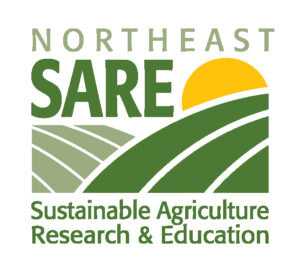
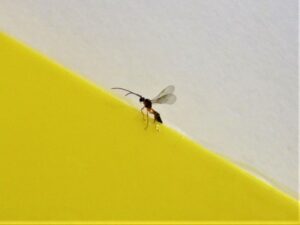
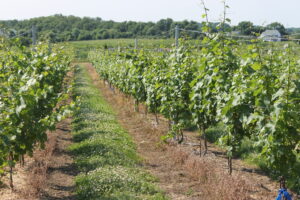 ave an idea you would like to try on your farm that is related to sustainable agriculture?
ave an idea you would like to try on your farm that is related to sustainable agriculture? 


